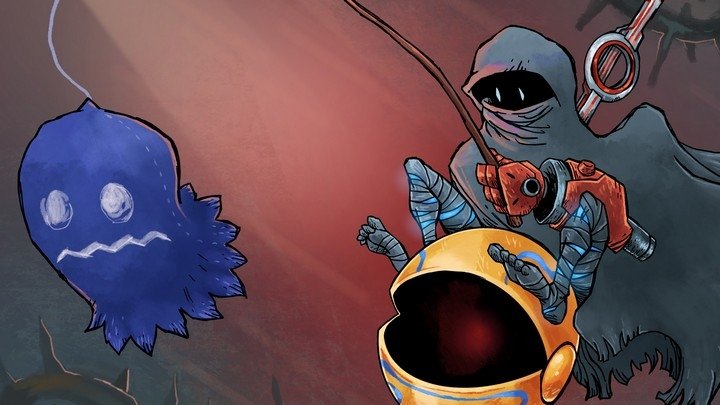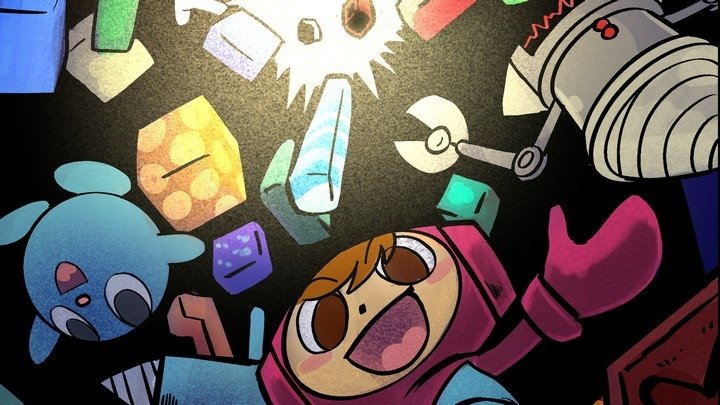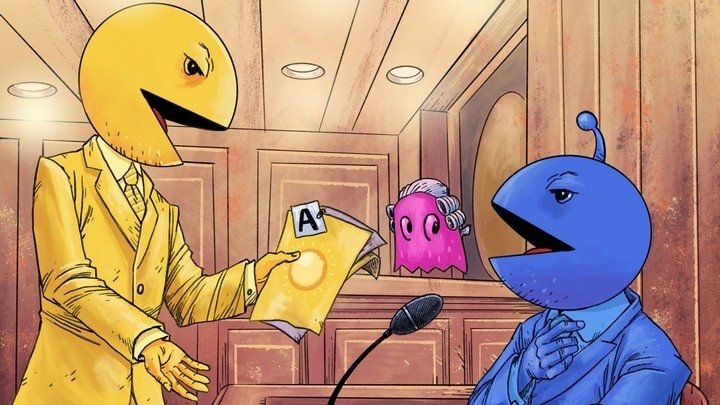The PlayStation Classic's impossible dream: represent the groundbreaking console in just 20 games
You can't please everyone, but aiming this broad seems destined to please no one.
Nintendo did it, twice. Sega did it. Even SNK did it. I may have joked about it on Twitter earlier this year but we all knew Sony was going to jump into the pre-loaded mini-console market. Then the announcement came to end all speculation, except Sony failed to disclose the entire lineup of included games at that time. Sony has since dropped the final details on us regarding the PlayStation Classic and it's an unexpected selection that seems tailor-made to disappoint.
There's a lot of reasons why a tiny replica PlayStation is different than a tiny replica NES or Genesis, and I'm not just talking about the cartridge vs CD thing here (Side note: Am I alone in wishing the PlayStation Classic was big enough to play CDs? Playing music through a TV via a weird interface was integral to the video game console experience in the 90s!). The early 8-and-16-bit consoles were very popular and had hundreds of games apiece. The PlayStation had thousands. Many, many thousands of games - especially in Japan, where companies were putting everything on the console from edutainment to first-person pinball, from bomb defusing to dream emulation. It was a wonderful, eclectic console that was so popular (eclipsed only by its own successor) that it was possible to make something for a niche audience and they'd probably buy enough copies to make the venture worthwhile.
Given the sheer size of the PlayStation's original software library there is an inevitable futility in trying to choose any two-digit number of games to represent "the best" the console had to offer, but Sony tried to do just that (in the company's own words on the official product website, not mine). Sony is following SNK's lead by splitting the planet into "Japan" and "everywhere else." 12 of the Classic's 20 games will be global and the remaining 8 will be unique to each region. Wikipedia has the full list separated by region for easy griping.
The PlayStation Classic has a few crowd-pleasers popular the world over like Final Fantasy VII, Metal Gear Solid, and Resident Evil (specifically the Director's Cut which adds a few remix options while keeping the original game intact). Beyond that, though, there's a wide range of games that surely have their fans but nobody out there is going to love all these games in a single package. There are 3D fighters Tekken 3 and Battle Arena Toshinden, puzzlers Intelligent Qube and Super Puzzle Fighter II Turbo, and RPGs Persona and Wild Arms. Japan gets even more RPGs along with "shooters" in the traditional, scrolling spaceships sense. America and Europe get "shooters" as in "people with guns" (Syphon Filter and Rainbow Six) plus even more driving games (Destruction Derby, Grand Theft Auto, and Twisted Metal) and the platformers Rayman and Oddworld: Abe's Oddysee. It's no coincidence that many of these games either started franchises or were extremely popular entries from already-established brands.
There's also an undeniable divide here based on where these games were developed: all the games on Japan's PlayStation Classic are Japanese, while the games unique to the American/European Classic were nearly all developed in the West (the lone exception: Cool Boarders 2). For decades "Western games" or yoh-geh were derided and dismissed outright in Japan and while the PlayStation and PlayStation 2 ushered in groundbreaking titles that helped put that bias to bed, I'm a little surprised at how stark the West/East split is evident in the PlayStation Classic.
But really, what I'm more taken aback by is the kitchen sink approach. A selection of 20 games was never, ever going to do a multi-thousand game library justice. It would have been nice to see some eccentric choices made to allow the PlayStation Classic to give a glimpse of the vast array of experiences that were possible on the original console. Instead we're getting a gray rectangle full of hits, each of which invite debate as to why they were chosen over other hits. The omission of the original Castlevania: Symphony of the Night stings given how the recent repackaging of that game is significantly expurgated.
It also bugs me that up until the PS4 Sony actually did a decent job of keeping old games available to consumers. 2018 marks ten years since I joined the PlayStation Network thanks to getting a PS3 and a PSP. Whenever I bought a PSOne Classic (or later, received one via PlayStation Plus) I could play it on either console without any hassle. Many of these titles were seamlessly added to the Vita store as well. That means I've got ten-year-old purchases of twenty-year-old games still available to me. Contrast that with Nintendo's Virtual Console where all my Wii, Wii U, and 3DS purchases were kept separate (and all now lay dormant with the arrival of the Switch).
Instead, we're now stuck with spending significant money on cute toy-versions of classic gaming consoles instead of maintaining a growing library of classic games on evolving hardware. When I made my joke tweet about Sony making a mini console, it was in the form of a poll of which option Sony would choose first: jumping on the bandwagon or adding its already substantial list of PSOne Classics to PS4. It's a bummer that they chose the one option guaranteed to please no one.
Ah well, we can always cross our fingers that in 2019 Sony will give us the PlayStation 2 Classic that plays all the games from the first console and adds in Grand Theft Auto III, Metal Gear Solid 2, and a 20th anniversary copy of The Matrix. I'm already reaching for my wallet!




